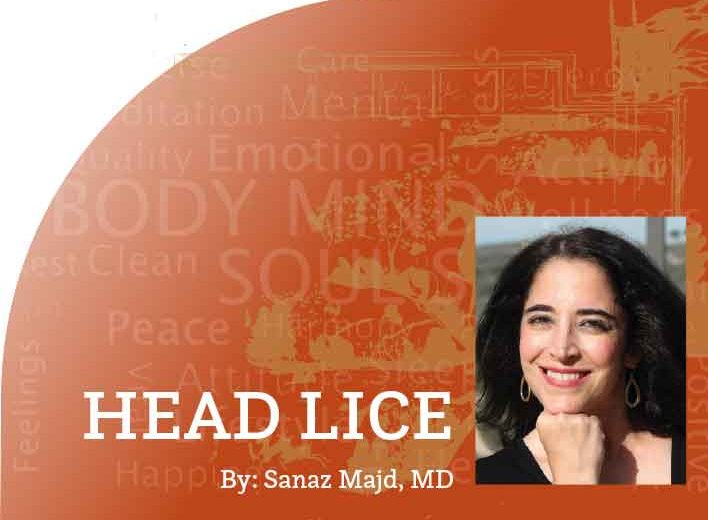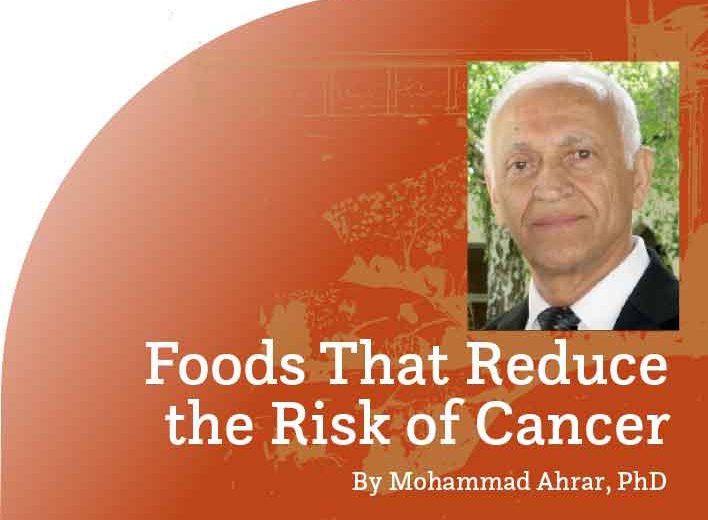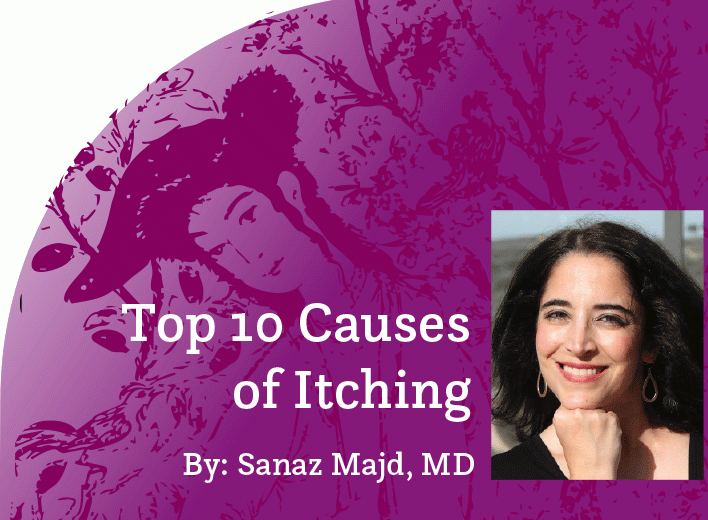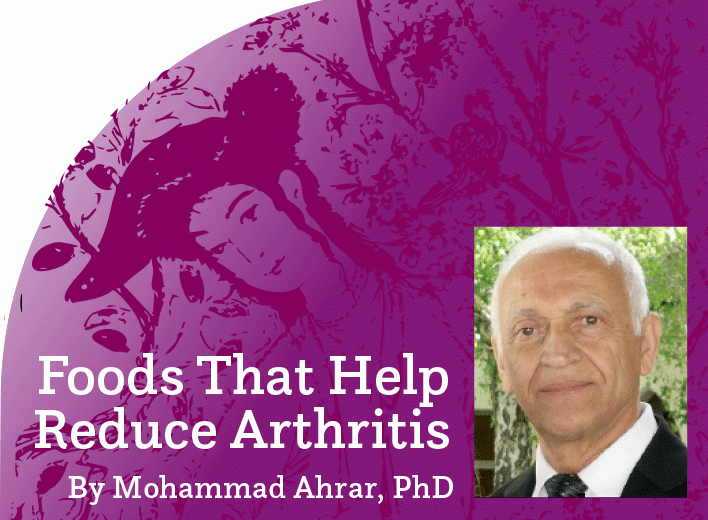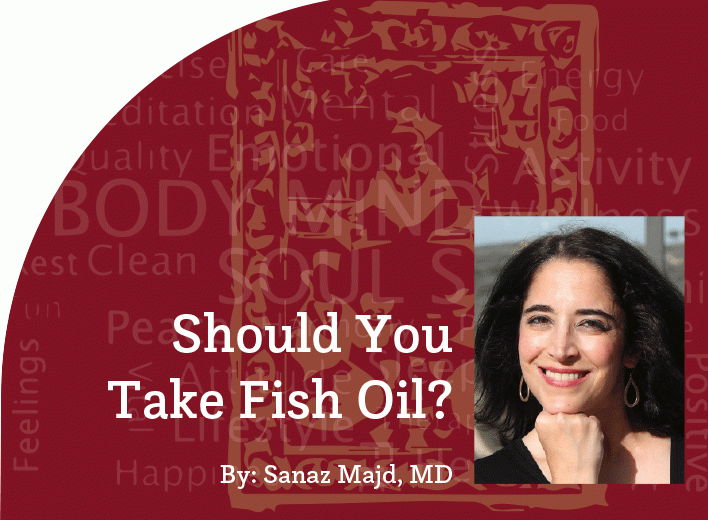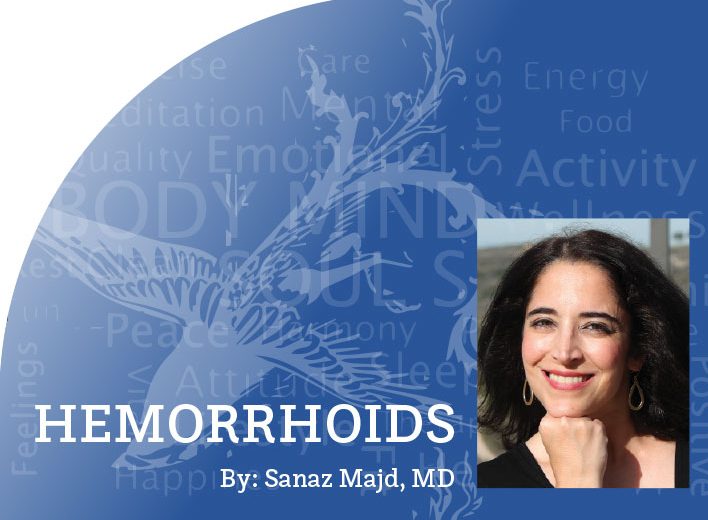Is Coffee Good for You?
By Mohammad Ahrar, PhD
Introduction
Coffee is one of the most popular beverages in the world. Its accessibility and available varieties have generated great interest, but concerns have been raised about some side effects of drinking coffee. New research suggests that there may be some other factors besides drinking coffee that cause health risks. In this article, we summarize some facts about drinking coffee based on medical studies.

How Much Caffeine Is in Coffee?
Caffeine is the first thing that comes to mind when you think about coffee. One cup (or 8 ounces) of brewed coffee contains about 95 mg of caffeine. Normally, one shot or 1.5 ounces of espresso contains about 65 mg of caffeine.
Comparatively, 1 cup of black tea contains about 47 mg of caffeine, green tea contains about 28 mg, decaffeinated tea contains 2 mg, and herbal tea contains no caffeine. By way of another comparison, one ounce of dark chocolate contains about 24 mg of caffeine, whereas milk chocolate contains one-quarter of that amount.
How Does Caffeine Affect the Body?
Caffeine affects the body at the cellular level. There are many protein molecules (receptors) on the membrane of all the cells in the body, including the neurons. The receptors can be stimulated or inhibited by some nutrients and other chemicals, which will affect the normal activities of the cells. Adenosine is a neurotransmitter that, when bonded with the receptors on neurons in the brain, can change or reduce neuron activities. What caffeine does is to prevent binding adenosine to the receptor on neurons; therefore, neurons can perform fast and efficiently. Additionally, caffeine also increases levels of other neurotransmitters in the brain, including dopamine that regulates energy levels.
Caffeine is absorbed from the digestive system within minutes after consumption. The absorbed caffeine peaks in the blood anywhere from 15 minutes to 2 hours; it is then subsequently broken down by the liver.
Eating food with coffee can delay the absorption of caffeine. Therefore, drinking coffee on an empty stomach might give you a quicker energy boost than if you drank it with food. Smoking speeds up the breakdown of caffeine and may induce a craving for more coffee.
Health Benefits of Coffee
Coffee is an excellent source of several antioxidants, including hydrocinnamic acids and polyphenols. These compounds may play a role in preventing several chronic and acute conditions. The results of medical studies on drinking coffee are summarized below and listed in the references.
Boosts Energy Levels
Coffee is often used as an ergogenic aid, also called a performance enhancer. The caffeine in coffee is a central nervous system stimulant known for its ability to fight fatigue and increase energy levels. Some studies show that drinking coffee before exercise improves athletes’ endurance and physical performance, increases subjective energy levels, and reduces feelings of fatigue. (1)
Cardiovascular System Impacts
Despite previous concerns about coffee consumption being a coronary heart disease risk factor, most modern prospective cohort meta-analyses found no association between coffee consumption and coronary heart disease. (2)
Drinking one to two cups of coffee a day may benefit heart health and help ward off heart failure. (3) For women, drinking at least one cup of coffee a day is associated with lower stroke risk, which is the fourth leading cause of death in women. (3)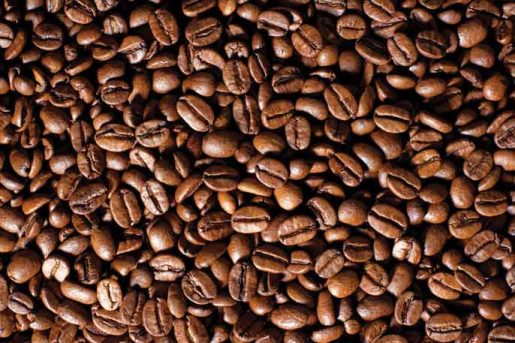
Effects on Brain Health
Coffee may help protect against certain neurodegenerative disorders, including Alzheimer’s disease and Parkinson’s disease. (1) Drinking coffee may be be associated with a lower risk of dementia and cognitive decline, as research shows that those who regularly consume caffeine have a significantly lower risk of developing or slowing down the progression of Parkinson’s disease over time. (1)
According to a report from Johns Hopkins Medicine, almost two-thirds of Americans living with Alzheimer’s disease are women. (3) According to one study, women ages 65 and older who drank two to three cups of coffee a day were less likely to develop dementia in general. (3)
Effects on the Risk of Depression
Drinking coffee is shown to be associated with a lower risk of depression. According to one review of seven studies, drinking one cup of coffee per day was linked to an 8% lower risk of depression. (1) Another study found that drinking four cups of coffee each day was associated with a significantly lower risk of depression, compared with drinking just one cup per day. (1)
Effects on Type 2 Diabetes
Caffeine does not have a notable impact on blood sugar. Results of studies indicate that regularly drinking caffeinated or decaffeinated coffee may reduce the risk of developing Type 2 diabetes. (1) Research even found that each cup of coffee consumed per day was linked to a 6% lower risk of developing type 2 diabetes, which researchers speculate is due to coffee’s ability to preserve the function of the beta cells in your pancreas, which are responsible for producing insulin to regulate blood sugar levels. (1)
Effects on the Liver
Coffee may support liver health and protect against liver disease. Coffee drinkers are more likely to have liver enzyme levels within a healthy range than people who don’t drink coffee. (1) Those who drink more than two cups of regular or decaf coffee per day are more likely to have a lower risk of death from chronic liver disease. (1)
How Do Filters Affect Coffee’s Health Benefits?
Boiled or unfiltered coffee is more atherogenic (cholesterol build-up in arteries) than filtered coffee, mainly because of its diterpene content which includes two oily compounds that affect the normal breakdown of lipids. Paper-filtering coffee removes most of these oils. In other words, filtered coffee that is virtually devoid of these compounds can exert antiatherogenic properties by increasing high-density lipoprotein (good cholesterol).
High intake of boiled, unfiltered coffee has been associated with a mild increase in cholesterol levels. (4)
Side Effects of Drinking Coffee
Coffee still has potential risks, mainly due to its high caffeine content, and people’s tolerance levels to drinking coffee are different. Excessive intake of caffeinated coffee can increase heart rate, blood pressure, anxiety, heartburn, and the ability to fall asleep.
Caffeine can also interact with various medications. It can cause the body to break down a medication too quickly so that it loses its effectiveness. Sometimes medication can slow the metabolism of caffeine in the body, which may increase the risk of irritability. If you are on medication and like to drink caffeinated beverages daily, talk with your doctor about potential interactions.
Coffee may also contain pesticides and acrylamide. (5) Just like certain fruits and vegetables that are sprayed with pesticides, coffee beans can also retain pesticide residues if they are sprayed. Acrylamide is a compound that forms when cooking, grilling, or frying food at high temperatures. This happens when the amino acid asparagine reacts with sugars to produce acrylamide. In high doses, acrylamide has been linked to cancer in animals, but its effects on humans aren’t well understood. (5) When coffee beans are roasted, acrylamide is created, and the levels can vary widely. Unfortunately, there’s no way to eliminate it from coffee. Typically, well-roasted, dark, fresh coffee beans have the lowest levels of acrylamide.
Women who are pregnant, trying to become pregnant, or who are breastfeeding need to be cautious about caffeine. Pregnant women should limit their caffeine intake to 200 mg a day (about 2 cups of brewed coffee). (2) Caffeine can cross the placenta during pregnancy and may potentially cause severe complications. If you are pregnant or breastfeeding, check with your obstetrician before adding caffeine to your diet.
When suddenly stopping all caffeine, some symptoms such as irritability, headache, agitation, depressed mood, and fatigue may follow, which can last for a few days.
How Much Coffee Is Safe to Drink Each Day?
The U.S. Food and Drug Administration considers 400 milligrams (about 4 cups of brewed coffee) a safe amount of caffeine for healthy adults to consume daily. Remember that most coffee cups can hold much more than 8 ounces (a cup) of coffee. Also remember that what you add to your coffee can make a difference in how healthy the beverage is. Instead of loading up on cream and sugar, adding some milk or milk substitute can reduce the calorie intake.
The American Academy of Pediatrics suggests that children under age 12 should not consume any food or beverages with caffeine. (2)
Summary
Coffee is a popular beverage for its many health benefits, including its ability to increase energy levels, enhance athletic performance, and protect against chronic diseases such as Parkinson’s disease, Type 2 diabetes, liver disease, heart attack, and stroke. Caffeine consumption primarily alleviates fatigue and drowsiness, but has numerous additional therapeutic applications. Moderate coffee consumption is associated with a decrease in cardiovascular disease, hypertension, cholesterol, heart failure, and atrial fibrillation.
Excessive intake of caffeinated coffee can increase heart rate, blood pressure, anxiety, and heartburn. Caffeine can interact with various medications. Consult with your doctor about potential interactions if you are on medication and like to drink caffeinated beverages.
References:
(1)-https://www.healthline.com/nutrition/top-evidence-based-health-benefits-of-coffee
(2)- https://nutritionsource.hsph.harvard.edu/caffeine/
(3)- https://www.hopkinsmedicine.org/health/wellness-and-prevention/9-reasons-why-the-right-amount-of-coffee-is-good-for-you
(4)- https://www.mayoclinic.org/healthy-lifestyle/nutrition-and-healthy-eating/expert-answers/coffee-and-health/faq-20058339
(5)-https://www.healthline.com/nutrition/acrylamide-in-coffee#harmfulness


